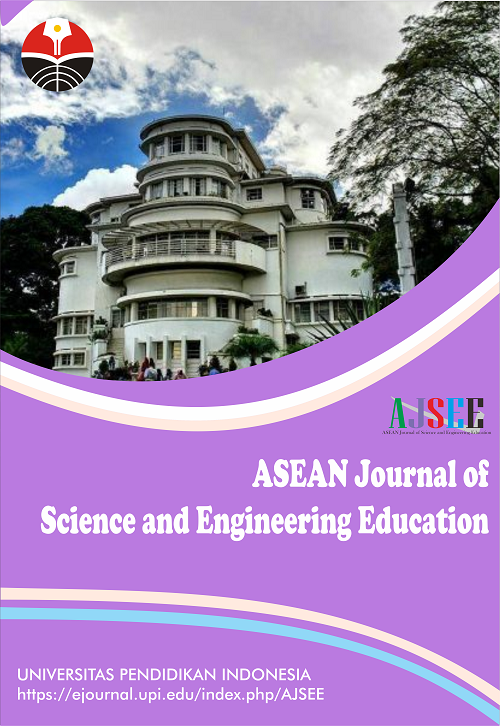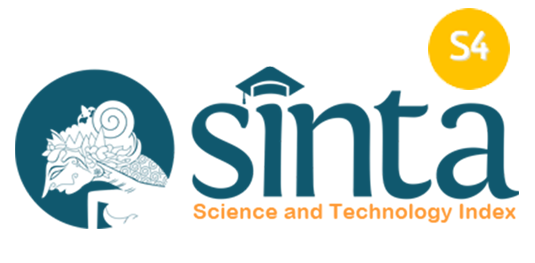Problems of Teaching Practical Biology in Senior Secondary Schools
Abstract
Keywords
Full Text:
PDFReferences
Hill, K. M., Fombelle, P. W., and Sirianni, N. J. (2016). Shopping under the influence of curiosity: How retailers use mystery to drive purchase motivation. Journal of Business Research, 69(3), 1028-1034.
Hofstein, A., and Lunetta, V. N. (1982). The role of the laboratory in science teaching: Neglected aspects of research. Review of Educational Research, 52(2), 201-217.
Hofstein, A., and Lunetta, V. N. (2004). The laboratory in science education: Foundations for the twenty‐first century. Science education, 88(1), 28-54.
Kamarainen, A. M., and Grotzer, T. A. (2019). Constructing causal understanding in complex systems: Epistemic strategies used by ecosystem scientists. BioScience, 69(7), 533-543.
Lewens, T. (2012). Human nature: the very idea. Philosophy and Technology, 25(4), 459-474.
Marsland, R., and Prince, R. (2012). What Is Life Worth? Exploring Biomedicai Interventions, Survival, and the Politics of Life. Medical Anthropology Quarterly, 26(4), 453-469.
Nesse, R. M., Bergstrom, C. T., Ellison, P. T., Flier, J. S., Gluckman, P., Govindaraju, D. R., Niethammer, D., Omenn, G. S., Perlman, R. L., Schwartz, M. D.,and Valle, D. (2010). Making evolutionary biology a basic science for medicine. Proceedings of the National Academy of Sciences, 107(suppl 1), 1800-1807.
Nsamenang, A. B. (2005). Educational development and knowledge flow: Local and global forces in human development in Africa. Higher Education Policy, 18(3), 275-288.
Pye, C. R., Bertin, M. J., Lokey, R. S., Gerwick, W. H., and Linington, R. G. (2017). Retrospective analysis of natural products provides insights for future discovery trends. Proceedings of the National Academy of Sciences, 114(22), 5601-5606.
Schwenk, K., Padilla, D. K., Bakken, G. S., and Full, R. J. (2009). Grand challenges in organismal biology. Integrative and Comparative Biology, 49(1), 7-14.
Schwenk, K., Padilla, D. K., Bakken, G. S., and Full, R. J. (2009). Grand challenges in organismal biology. Integrative and Comparative Biology, 49(1), 7-14.
Stephens, K., and Winterbottom, M. (2010). Using a learning log to support students' learning in biology lessons. Journal of Biological Education, 44(2), 72-80.
Tholey, A., Taylor, N. L., Heazlewood, J. L., and Bendixen, E. (2017). We are not alone: the iMOP initiative and its roles in a biology-and disease-driven human proteome project. Journal of Proteome Research, 16(12), 4273-4280.
Torres, L. (2018). Research skills in the first-year biology practical-are they there? Journal of University Teaching and Learning Practice, 15(4), 3.
DOI: https://doi.org/10.17509/ajsee.v2i3.44721
Refbacks
- There are currently no refbacks.
Copyright (c) 2022 Universitas Pendidikan Indonesia

This work is licensed under a Creative Commons Attribution-ShareAlike 4.0 International License.














